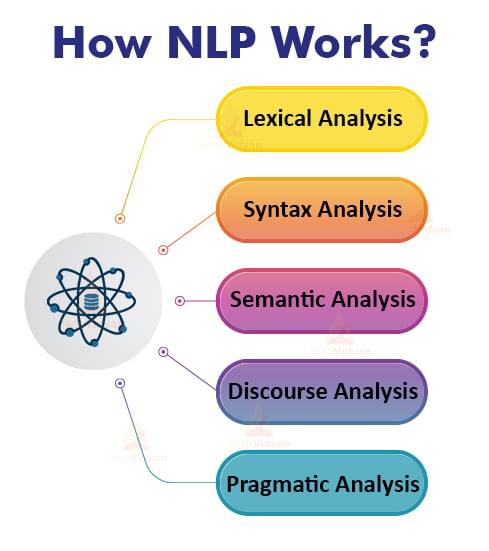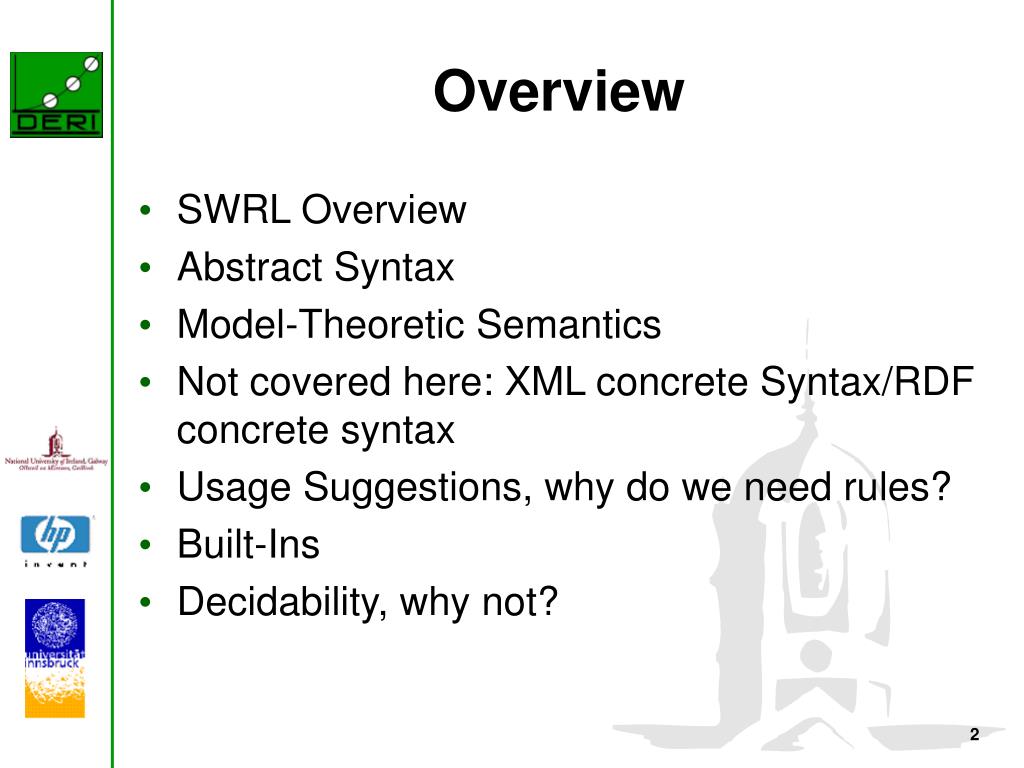


Ex: John helped Susan to buy her first car. What is a beneficiary as a semantic role? A beneficiary is the semantic role of a referent which is advantaged or disadvantaged by an event. The person or thing that undergoes a process: The water evaporated.

More examples… The thing that is affected by an event: The dog ate the meat. More examples… The entity which is possessed, acquired, or exchanged: John has a new book. The entity undergoing a change of state or location: He opened the door. Įxamples The entity predicated with a state or location: The door is open. Larson 1984 defines the affected role as the thing that is affected by an event person or thing that undergoes a process, or person who experiences an event. What is patient as a semantic role? Also known as: affected, undergoer Longacre 1983 defines a patient as the entity undergoing a change of state or location, or which is possessed, acquired or exchanged. The key = SUBJECT The key = INSTRUMENT The door opened. Bob = SUBJECT Bob = AGENT The key opened the door. Notice what varying semantic roles a subject can play: Sentence Grammatical relation Semantic role Bob opened the door with a key. Semantic roles do not correspond directly to grammatical relations. Grammatical relations ( subject, object, oblique …) are morphosyntactic, whereas semantic roles ( agent, patient, instrument …) are conceptual notions. In both of the above sentences, John has the semantic role of agent. Therefore, the semantic role of Bill is the same (patient) in both of the following sentences: John hit Bill. Also known as: Semantic case, thematic role.Įxample: If, in some real or imagined situation, someone named John purposely hits someone named Bill, then John is the agent and Bill is the patient of the hitting event. A semantic role is the underlying relationship that a participant has with the main verb in a clause.


 0 kommentar(er)
0 kommentar(er)
